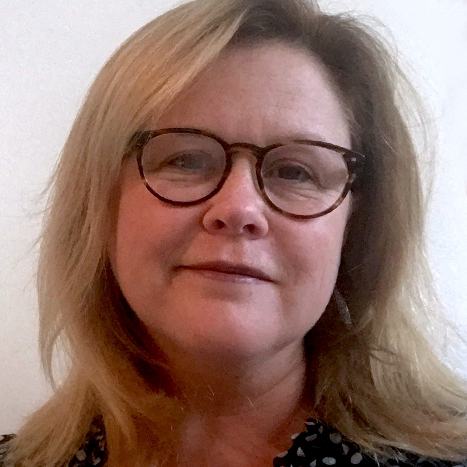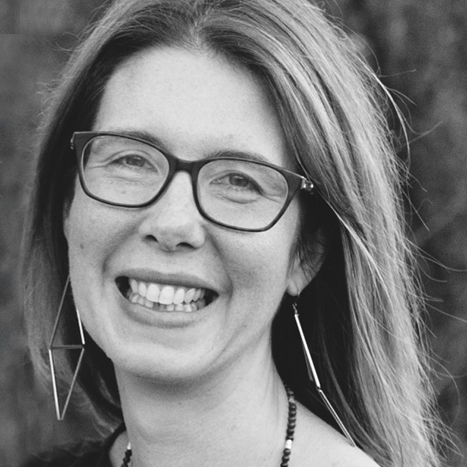Perspective: How Do We Meet the Reproductive Health Needs of People with Substance Use Disorders? Integration of Services Is Key
February 19, 2021
Denise Raybon
Jennifer Rogers

Can we talk of integration until there is integration of hearts and minds? Unless you have this, you only have a physical presence and the walls between us are as high as the mountain range. —Chief Dan George
How do we break down walls? How do we integrate health care services to holistically meet the needs of our community? Research has shown that integrating care can lead to improved patient experience and health outcomes. In particular, the integration of family planning (FP) services and services for those with a substance use disorder (SUD) is critical to ensuring the reproductive health needs of those with SUD are met.
Administered by the Office of Population Affairs (OPA), Title X family planning programs provide services to assist in achieving or preventing pregnancy, STI prevention, and a host of related prevention services. People with SUD report an unmet need for family planning services, with only half reporting using contraception. Those who do use contraception rely mostly on “moderately effective” methods. These challenges are compounded by the fact that when people with SUD seek care from providers, they often experience stigma, judgment, and shame creating further barriers to their care.
Family planning clinics are well positioned to screen for substance use, as they are often the primary entry point to the health care system for women. OPA strongly encourages its grantees to screen for substance use disorders and provide referrals, when appropriate. However, in a recent survey, only half of family planning clinics reported making external referrals for patients who screened positive for substance use disorder.
Reaching a growing number of people with both family planning needs and substance disorders requires an interdisciplinary approach. With funding from OPA, Altarum is breaking down walls by conducting a multi-faceted research study using an innovative cross-training model. The cross training brings together family planning and SUD providers from the same geographic region and is designed to equip providers with the skills and self-efficacy to effectively screen and refer their clients.
The study will look at the effectiveness of the cross training in 1) Increasing SUD screenings and referrals between providers, 2) Increasing linkages between providers and 3) Increasing providers ability to provide person-centered care for men and women of child-bearing age with opioid use disorder and other SUDs. The trainees participate in an interactive, cross-discipline training and six months of follow up technical assistance. The study will also include a financial and economic analyses focusing on the benefits for individual clinics and providers, including expected increases in patient volumes, patient retention, and overall quality of care, as well as broader societal benefits.
This project reflects Altarum’s unique ability to assemble multi-disciplinary teams that are flexible, thoughtful, and innovative. Our project team includes subject matter experts in family planning and substance use disorders, expert trainers and evaluators, and staff skilled in economic analysis and forecasting.
Our unique approach reflects Altarum’s commitment to improve patient-provider interactions, to build systems that promote collaboration, and to reduce stigma. To learn more about our project, watch this short video featuring the voices of the community we serve.
Altarum is a nonprofit organization that works with federal and state agencies and foundations to design and implement solutions to improve the health of individuals with fewer financial resources and populations disenfranchised by the health care system. We achieve measurable results by combining our expertise in public health and health care delivery with technology, workforce training and continuing education, applied research, and technical assistance. Our innovative solutions lead to better health for beneficiaries and better value for payers.
View Related
Rural Mothers with Substance Use Disorders Often Struggle to Access Care. Wider Adoption of Tailored Telehealth Can HelpFour Key Strategies for Addressing Opioid Misuse Among Rural Expectant Mothers
How We're Strengthening Provider Capacity to Serve Postpartum Women at Risk of Opioid Misuse

Perspective

Denise Raybon - MPH
Program Director, Maternal and Child Health
Areas of Expertise- Maternal and Child Health
- Health Equity
- Training Development and Delivery
Denise oversees and provides strategic direction for Altarum’s Maternal and Child Health portfolio of work. She also serves as director of the Early Childhood Systems Technical Assistance Coordination Center (ECS-TACC) and provides training, strategic planning, and facilitation support across a host of other initiatives. Denise is passionate about equity and amplifying the voices of underserved and marginalized populations. She holds a master’s degree in public health from George Washington University.

Jennifer Rogers - MPH
Program Director, Reproductive and Sexual Health
Areas of Expertise- Reproductive and Sexual Health
- Maternal and Child Health
- Training and Facilitation
Jenn oversees a portfolio of women's health and reproductive and sexual health projects and policy initiatives. She is an experienced leader with over eighteen years of government, consulting, and non-profit experience working to improve the rights, health, and wellbeing of underserved and marginalized communities. She holds a master's degree in public health with a concentration in maternal and child health from Boston University.
